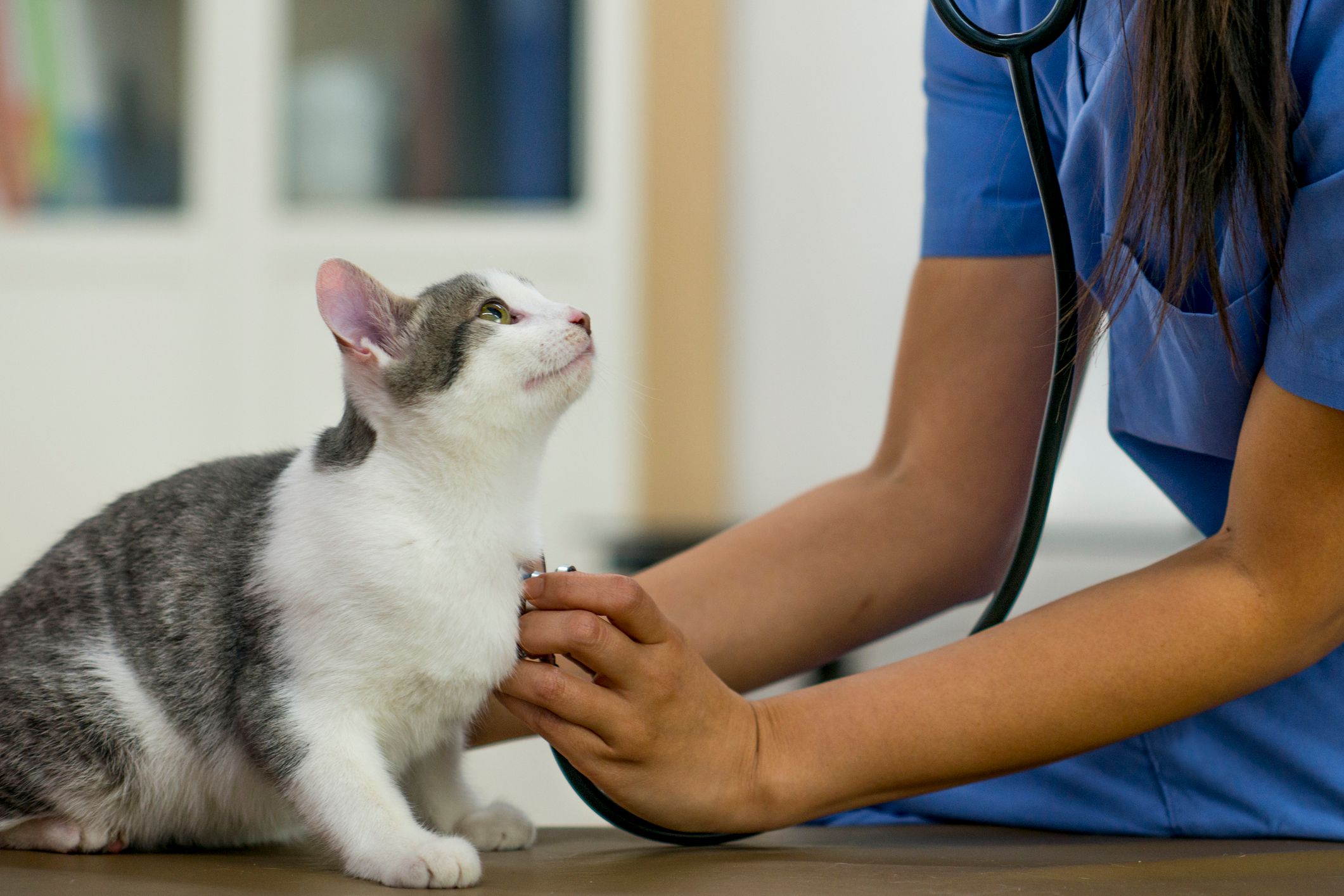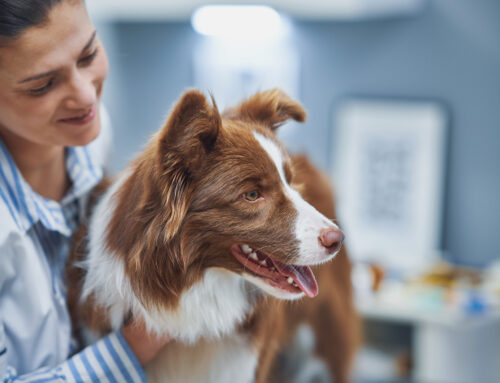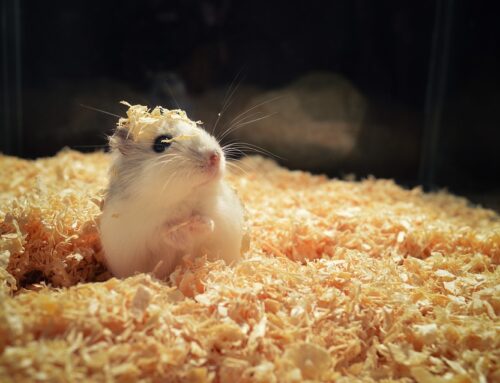Cat neutering is a commonly performed procedure for kittens and cats over 8 weeks old which stops them from being able to reproduce. While the surgery is both beneficial to the pet’s health and the environment, it is important that you know how to take care of your furry friend after undergoing the surgery.
Here’s everything you need to know about neutering and how to help your cat recover quickly.
What are Pet Spay and Neuter Surgeries?
From around four months old, kittens reach sexual maturity and are therefore capable of reproducing.
Most people do not have the time or desire to breed their cats and do not want to add to the number of unwanted cats already looking for homes, so instead, they get their cats neutered.
In males, the operation is called castration and in females, it’s called spaying.
What is Involved in a Neutering Surgery?
The operation of neutering male cats is called orchiectomy. This procedure involves a general anaesthetic and an incision is made over each side of the scrotal sac so that each testicle can be completely removed.
What are the Benefits of Neutering?
There are many benefits of neutering your cat, which is why it’s a surgery that is encouraged by most veterinary practices.
Population Control
Millions of cats across the world are left without a home because there are far more cats than there are homes. There is increasing strain on the RSPCA and other animal charities due to the cat overpopulation crisis, which is why veterinary practices recommend that all cats at around four months old are neutered.
Aggression
An unneutered cat is also more likely to be aggressive towards its owners and other unneutered male cats. This is caused by competition between males who are trying to protect their territory.
Neutering your cat takes away its urge to mate, which can result in a much quieter and calmer pet.
Spraying
The most common behaviour problem in unneutered cats of all ages is spraying in locations other than the litter box.
Unneutered male cats do this as a way to let the opposite sex know they’re available and to mark their territory. This can result in cats spraying walls and other vertical household objects. Neutering reduces spraying in approximately 85% of male cats.
Roaming
Unneutered cats tend to roam for miles to look for a female cat during mating season. Many wandering unneutered never find their way home and end up as strays.
When male cats are neutered, they no longer have the urge to roam to find a mate.
How to Care for Your Cat After Surgery
Once you have chosen a reliable vet surgery to carefully conduct a neutering surgery on your furry friend, it is important to provide the right aftercare to ensure a speedy recovery.
Arriving Home
After bringing your cat home, he’ll most likely still be feeling some anaesthetic effects. Vets often apply an eye treatment to the cat’s eyes to stop their eyes from drying out during surgery which can cause them to have blurry vision.
It’s a good idea to keep your cat in a warm, dark indoor location until the anaesthetic has completely worn off. Keep other pets and people away from him while he recovers as frightened cats can become aggressive, biting and scratching anything they can.
The full effects of anaesthetic should disappear within 24 hours. After this period, the personality of your cat should go back to normal. Vets recommend that you stay with your cat on the first night to observe his activity levels and carefully monitor your cat’s recovery.
Food and Water
Once your cat arrives home from his surgery, it is important to only give him water at first. The amount should be minimal to avoid vomiting. Once your cat is more awake and alert, you should offer one-fourth of his normal food intake. If he vomits, you need to take away the remainder of the food and avoid offering him more food until the next morning.
The next day after the anaesthetic has completely worn off, you can go back to giving your cat the normal amount of food and water. There might be a few after-effects of the anaesthetic like nausea, so don’t be alarmed if your cat does not eat right away.
However, if your cat isn’t eating or drinking normally after 48 hours, you need to consult your vet.
Medication
Most veterinarians will give your cat a pain reliever injection as soon as the surgery has finished. Stopping the pain before it starts is the best way to keep it under control.
Do not give human medication to your pet as it is dangerous and can be fatal. If you were given medication to administer to the animal at home, give as directed.
Licking the Surgery Site
It is normal for pets to want to lick their wounds after surgery as licking helps to soothe the pain and discomfort. Licking the site of the wound over stimulates the brain, which can in turn help temporarily numb the pain.
However, this can cause a painful infection so it is important to try to prevent your pet from licking their wounds. Your cat should be provided with a protective cone to prevent your pet from licking or biting the wound. This should be worn for 5-7 days after neutering to avoid licking the incision. If an abdominal incision was necessary to remove the retained testicle(s), then the cone should remain on for 10-14 days or until your cat’s checkup examination to assess healing.
If your pet is still able to reach the wound with the cone on, contact your veterinary surgeon.
Provide a Litter Tray
Although your cat may not have eaten much since before the surgery, he still needs to relieve himself. It is a good idea to place a sparkling clean litter tray in the room with your cat, so he doesn’t have to walk far as a lot of walking is not recommended after surgery.
Dirt or dust from the litter tray can find its way into incisions and may result in an infection. This is why it’s a good idea to use a shredded paper litter tray and replace it regularly for seven days after the operation.
You should also monitor the amount of blood that is in his urine. A tiny amount of blood may be evident within the first 24 hours post-surgery but if you notice there is still blood the next day, it’s a good idea to call the vet.
Reduce Activity Levels
It is important to let your cat rest to ensure a full recovery. Restrict playing with your cat for seven days after surgery. Too much activity can cause the surgery site to open or become swollen.
To help keep your pet from being too active:
- Place your pet in an adequately sized carrier, kennel or small room when you’re not able to supervise
- Keep your pet away from furniture so they cannot jump on and off of it
Letting your cat stay inside the house also allows you to monitor him closely and check whether he is healing as he should.
What to Look Out for After Surgery
While most cats make a full, speedy recovery in no time, it is important to be aware of the potential signs that your cat isn’t healing as it should.
Regardless of the procedure used, contact your veterinarian right away if your cat shows any of these signs after surgery:
- Swelling, discharge, redness, or an opening in the incision
- Challenges using the bathroom
- Refusing to eat the day after surgery
- Vomiting and/or diarrhoea
- Not urinating in the first 24 hours after surgery
Bay Vets: Proudly Independent Vet Surgery
At Bay Vets, we are the leading Lancaster vets surgery. As a long-established, proudly independent veterinary practice, we can provide outstanding pet care and treatment services for your pet.
Our team of highly skilled vets are committed to ensuring the highest-quality treatment by working closely with you to understand your pet’s individual needs and requirements.
We have four surgeries which mean we are more than equipped to conduct everything from thorough general health checks to major surgical procedures. Our expertise in the industry means that you will never normally need to be referred anywhere else as we can handle it all.
Our services include microchipping, kitten check up, neutering, dentistry and more.
Unfortunately due to exceptional demand for our services, we are unable to take on any new clients at the moment. However, if you would like to join our waiting list, please sign up here to be informed as soon as we are able to take on new clients.





